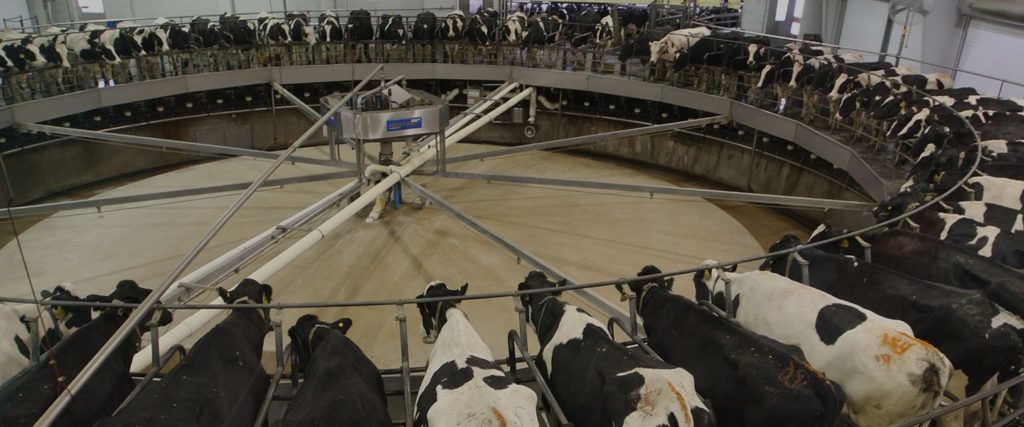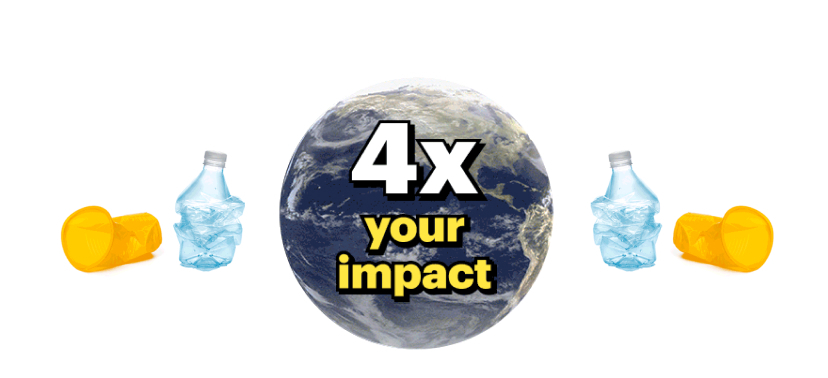Legal Cases
Read up on some of the legal initiatives Food & Water Watch is undertaking against corporations and agencies endangering our resources.
- We’ve Sued EPA to Strengthen Clean Water Rules for Factory Farms
 EPA refuses to make urgently needed and long overdue updates to its Clean Water Act regulation of factory farms – we’re challenging this latest failure to act in court.
EPA refuses to make urgently needed and long overdue updates to its Clean Water Act regulation of factory farms – we’re challenging this latest failure to act in court.
Featured Victory
Jan 31, 2023
We Forced EPA to Finally Scrutinize Its Factory Farm Effluent Limitation Guidelines
FWW v. Environmental Protection Agency
Because of our lawsuit FEPA will seriously scrutinize its lax pollution standards for factory farms for the first time in 15 years
More Legal Cases

Time to face it —~it’s people or plastics.~We can’t have both.
Become a plastic pollution fighter this Earth~ Day and have your gift MATCHED $3-to-$1!


